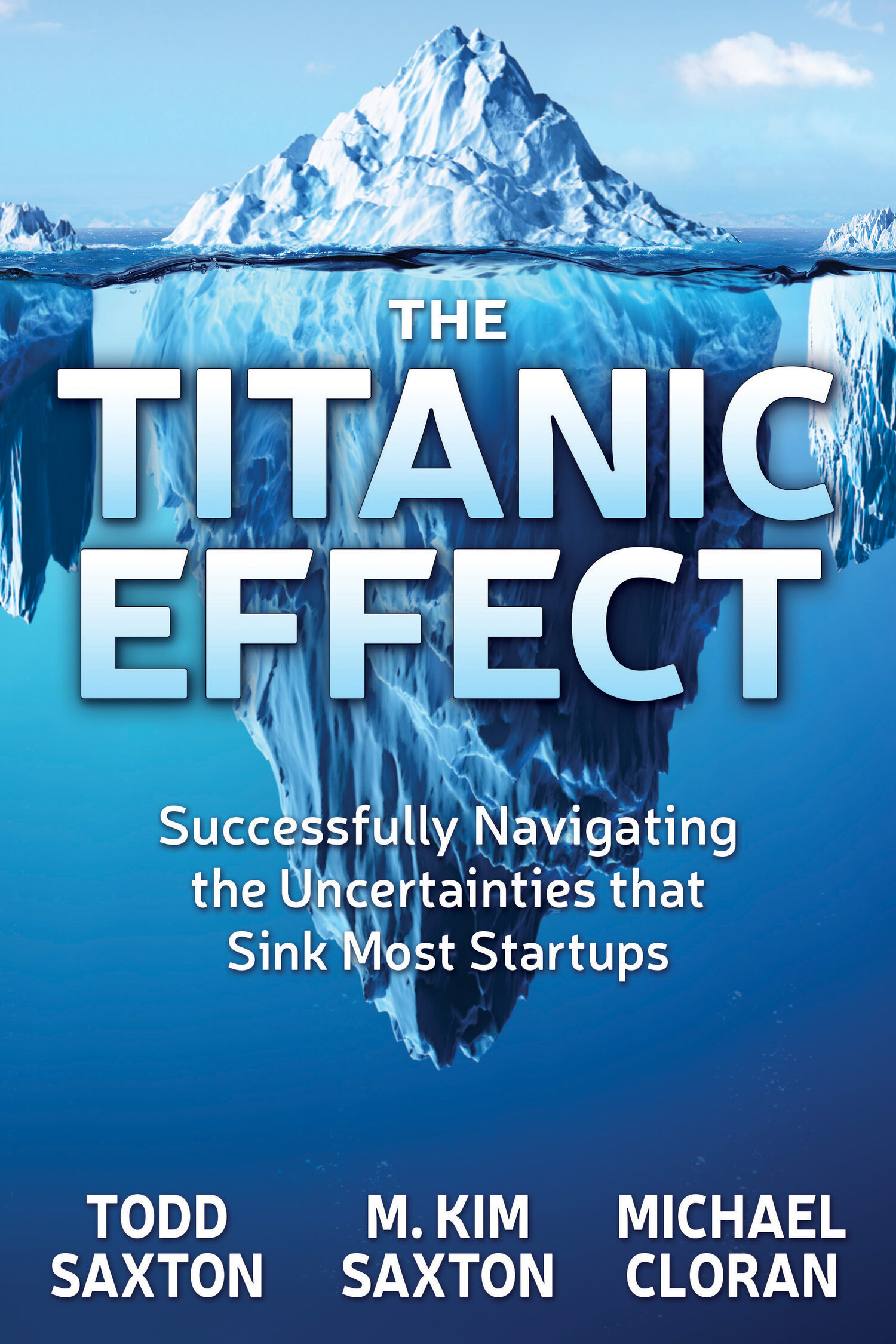You may recall our “PEP” model for successful entrepreneurs—that success is based on a combination of Passion, Experience, and Persistence. We have another model grounded in Ps that has come up several times recently in discussions with founders: When is it time to throw in the towel? Or change directions? Or jump all in and put the pedal to the metal? Virtually all startups have those inflection points, both negative and positive, that lead to doubt—or euphoria. The venture journey is littered with such times, both for specific decisions (like letting an employee go or changing terms with a customer, etc.) as well as overall sink or swim moments. So how do you approach these inflection points?
Is Your Startup’s Measurement Just A Stick In The Sand?
One of our family’s favorite museums in the world is the Royal Cabinet of Mathematical and Physical Instruments (en Deutsche, Mathematisch-Physikalischer Salon) in Dresden, Germany. The Museum sits in the impressive Dresdner Zwinger complex which houses a range of museums and performing arts facilities. A central theme of the museum is instrumentation—the collection of measuring instruments that have allowed us as humans to evolve and innovate over time. It is fascinating to think about how being able to measure things has enabled our progress as a society.
The Top Ten Rules of Zoombieland
Our World has changed, my friends. We have moved from in-person gatherings, coffees, lunches, and boardroom conferences to a series of seemingly endless virtual interactions. We are tethered to our communities, even our friends and family members, through sometimes fragile connections on various devices. Teaching, team meetings, startup brainstorming, investor pitches, healthcare, and checking in on Mom in her skilled nursing facility have all gone into the Matrix. We live in a transformed reality. We call this new reality…Zoombieland..
Fortunately, the actual movie Zombieland has some good advice to follow. The rules of Zombieland directly apply or can be adapted to help guide our behavior in this “new normal.” So here are our Top Ten Rules for the Zoombie Apocalypse…
Six Startup Secrets We’ve Shared on Podcasts
Since The Titanic Effect: Successfully Navigating the Uncertainties that Sink Most Startups came out in June 2019, we’ve been fortunate to be a guest on a number of podcasts. If you’re interested in listening to these conversations, all of the links are on the Podcast page of the website. One thing that each podcaster does is look for sound bites in the discussion. These sound bites can become hooks in social media posts. They are a hook because there is truth that rings out through them. They are also little secrets, that “those in the know” only share occasionally with others. So we thought we’d share a few of these secrets with all of you.
The Key to Startup Marketing is Understanding Language of your Customers
If you’ve read our book, The Titanic Effect, you know that we are strong proponents of picking a customer segment to target at the start. Then you can expand by segments over time to grow. But, you really have to know who is your ideal customer. If you need more ideas about what an “ideal customer” is, check out our interview on the Creative Warriors podcast. Once you know who your ideal customer is, you have to frame your ideas in the language they use.
Hopefully, you have the ability to do deep, insightful research with them. But, if you don’t there are unobtrusive ways you can figure this out, too. You can start by using some online tools to better understand the language people are using with they think about your product. While not perfect, keyword planning tools available from companies like Google, Google Trends, Keyword Generator, Keyword Sheeter, Answer the Public, and others will give you lists of keywords for both broad and narrow topics. They start with the keyword(s) you provide and give lots of related words. Some will also give you search volume estimates. Traditionally, this is the first step in SEO (search engine optimization) which you should also do. But it can also be used to develop a hierarchy of language around your offering.
Launch a Startup During a Pandemic? It’s Not as Crazy as it Sounds
These are hard times for all of us. The pandemic is taking a global toll on our health and our economy. It is a time of tremendous uncertainty. Why would you possibly start a company during such challenging times?
First, there is a history of great companies being started in hard times. Going back more than a century, GE and IBM, Fortune 100 companies today, were founded during the 1890s, a time of great upheaval and tough times with a major banking crisis. In fact, the original J.P. Morgan of banking fame, Director of the White Star Line who built and operated the Titanic, was instrumental in steering the U.S .economy from the brink of collapse in the late 1890s. Read more about J.P. Morgan and how he affected the Titanic’s demise in our book, The Titanic Effect.
Three Pet Peeves in the Startup Vernacular
Most of our blogposts have focused on positive steps startups can take to navigate their launch and success. For example, we have talked about product/market fit, pivoting, and what proof of concept means. But there are some phrases that have become part of the startup world lingo that we believe are misleading or inappropriate. So here are our top three pet peeves:
Industry Growth Patterns 3: Why Startups Should be Aware of the Hype Curve or Hype Cycle
So far, we’ve covered the Bass Diffusion of Innovation and the Crossing the Chasm models. There is one more industry or market growth model startups should know – the Hype Curve or Hype Cycle. Remember you may get either little or great traction, not just because of what you’ve done, but also because of what is happening in the broader market.
The Hype Curve or Hype Cycle is one of our more recent models, coined by research firm Gartner. In this model, markets experience initial dramatic growth. However, after the initial excitement or hype wears off, sales of the product drop as only enthusiasts and hard-core users in a niche market continue to purchase it. If competitors survive, the market settles into a lower volume than at peak. It’s smaller but still a respectable and sustainable level of sales.
Is the Startup Life a Sprint? A Marathon? Nope, it’s an Ironman
“It’s not a sprint—it’s a marathon!” We hear entrepreneurs with some experience use this phrase to caution new founders about going too fast too soon and burning out. We absolutely agree with part of this expression—starting a company is certainly not a sprint. But as endurance athletes ourselves, we would put a twist on this. Getting a startup going is a lot more like a multisport endurance event such as an Ironman than it is like a marathon. Why? Because it takes several different skillsets to launch a successful venture, not just one. Like a triathlon, there are at least three major categories of uncertainties founders must navigate—working with people, understanding the market, both competition and customers, and developing the product. We call these the human, marketing, and technical oceans.
A Principle and Two Numbers for Startups
In honor of the Thanksgiving holiday, we saved this blogpost until Monday…
In the “little known facts” category about the Titanic, we thought we would share some seemingly random factoids that had an interactive effect to help sink the Titanic. It involves a principle and two numbers—I know, it sounds like an episode of the high school musical show “Glee” (but that would be PrinciPAL…).









